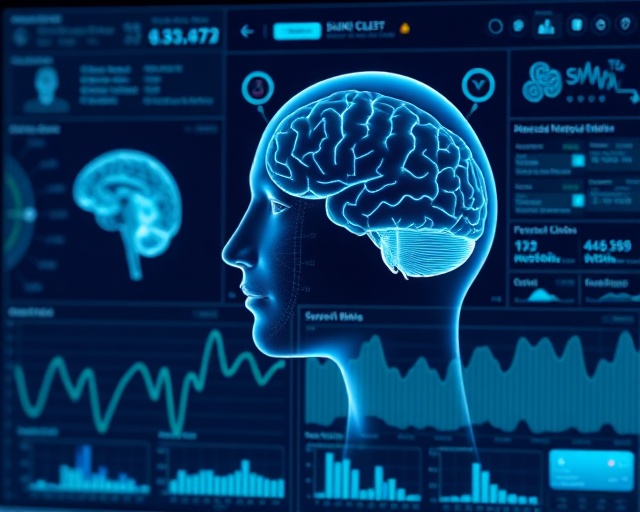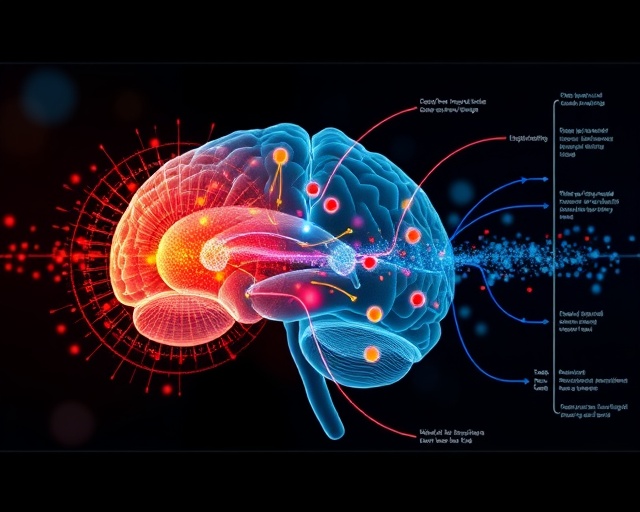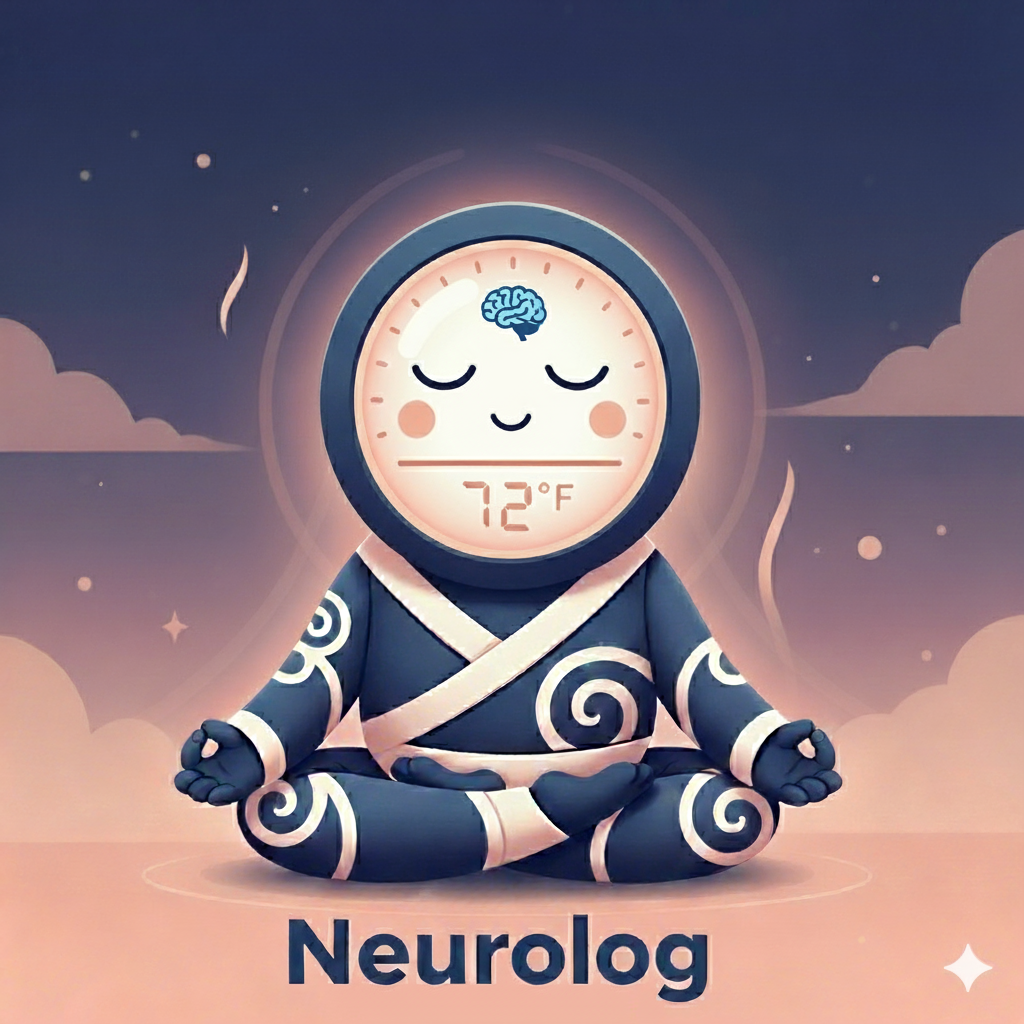Data Insights
Turning lived experience into evidence
Neurolog doesn't just track symptoms — it transforms thousands of daily logs into meaningful insights. By analysing real-world data from people with Functional Neurological Disorder (FND), we've uncovered patterns that help explain how symptoms fluctuate and what drives flare cycles.

The Symptom Amplification Model
Our data shows that symptoms in FND are not static. They can be amplified or reduced depending on emotional, cognitive, and environmental factors.
Emotional impact
Negative emotions such as anxiety, frustration, or isolation strongly correlate with increased symptom severity.
Trigger sensitivity
Stress, heat, and fatigue act as amplifiers, raising both frequency and intensity of flares.
Positive modulation
Positive emotional states (calm, hope, gratitude) consistently reduce severity, often by more than 15%.

This model highlights why two people with the same underlying diagnosis may experience such different day-to-day realities — and why emotional regulation strategies can play such a vital role in management.

The Emotional Thermostat
Think of emotions as a thermostat regulating symptoms. Our dataset shows:
When emotions sit in the positive range, symptom severity reliably decreases.
When emotions move into the negative range, severity increases — sometimes dramatically.
Specific symptoms, such as paralysis, mutism, and chest pain, are disproportionately triggered by negative states.
This framework gives both patients and clinicians a measurable way to understand the mind-body connection in FND, moving beyond abstract ideas into quantifiable patterns.
Why it matters
These insights provide:
For Patients
Practical understanding of why symptoms change and what may help reduce them.
For Clinicians
Structured data to inform treatment plans and explore new approaches.
For Researchers
A large, living dataset that opens up new avenues for study, from symptom subtype stratification to the role of psychosocial triggers.

Every log made in Neurolog strengthens these discoveries — building a future where FND care is grounded in evidence, not uncertainty.